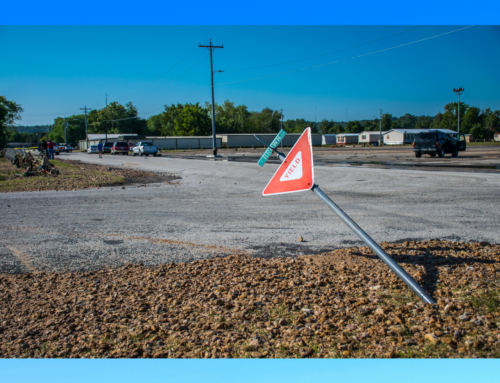Corpus Christi, Texas, a city of a little over 300,000 people along the Gulf Coast, has a “boil water” advisory in effect. What that means is that the city water is not safe to drink. Why? Because the city management and city council failed to put adequate chlorine in the water, the pipes are old ($100 million to replace), and heavy rains forced sewage into the water. So if you live in Corpus Christi and you want to drink water, cook, make coffee, or anything else, you either have to boil the water or purchase bottled water from the store. All of the local school districts are having to buy bottled water. Corpus Christi Independent School District is spending $15,000 per day (yes, that is correct) to purchase enough bottled water for students to drink during the day.
This following incident was overheard at the grocery store yesterday:
A lady was talking about the store running out of Evian. She said, “What am I supposed to do? Give my dog Ozarka?” Next to her a family of five was comparing the prices of gallon jugs and trying to calculate how long it would last if they each drank only 20 ounces a day. The little boy told his mom, “I can sneak an extra bottle from school.”
What does it mean in poverty to have to ration your water? Of course you can boil it, but who has the time? If you are working two jobs, where is the time? How do you keep your children from drinking unsafe water unless you can make safe water available? Where do you get the money to buy that water? Your budget is already so tight. Do you trade food for water?
Poverty is the extent to which you do without resources—not just financial, but mental, physical, spiritual, support systems, relationships, etc. There are individual resources, institutional resources, and community resources. It is unconscionable when individuals have to choose between basic necessities like food, water, shelter, and healthcare due to mismanagement of institutional and community resources.
What happens when a small handful of people make a fundamentally flawed decision that impacts everyone’s resources at a very fundamental level? Leadership in Corpus Christi knew they had a problem but delayed action until it became a crisis. Instead of learning from the mistakes made in Flint, Michigan, Corpus Christi has become yet another example of individual resources negatively affected by decisions made at the institutional and community levels.
Who pays? Everyone. Who suffers? Individuals with the fewest resources; those in poverty.
Ruby K. Payne, Ph.D. is the founder of aha! Process and an author, speaker, publisher, and career educator. Recognized internationally for A Framework for Understanding Poverty, her foundational book and workshop, Dr. Ruby Payne has helped students and adults of all economic backgrounds achieve academic, professional, and personal success.








